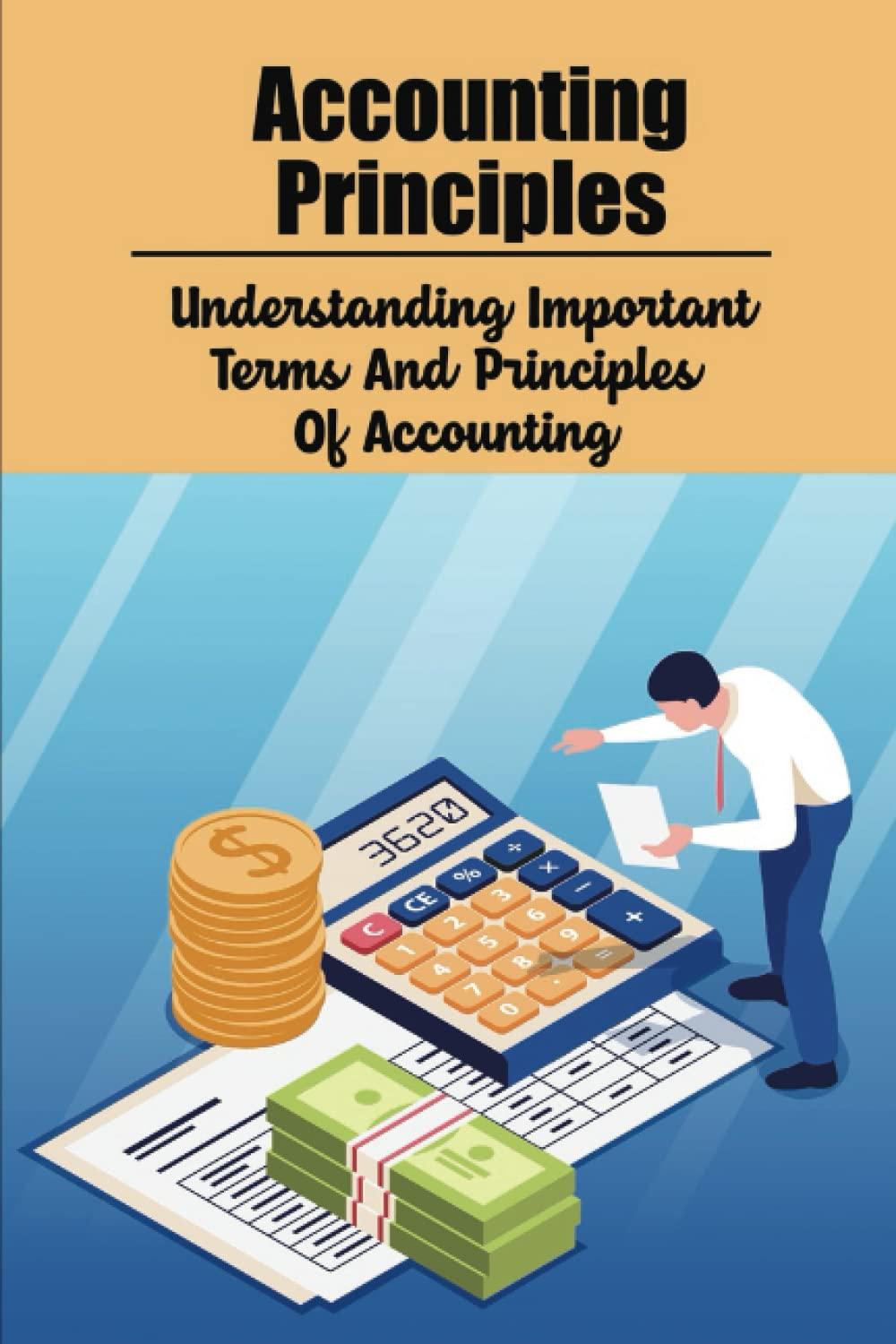Question
428. Multiple Choice Questions Select the best answer for each of the following questions and explain the reasons for your choice. a. If a CPA
428. Multiple Choice Questions Select the best answer for each of the following questions and explain the reasons for your choice. a. If a CPA performs an audit recklessly, the CPA will be liable to third parties who were unknown and not foreseeable to the CPA for: (1) Strict liability for all damages incurred. (2) Gross negligence.
(3) Either ordinary or gross negligence. (4) Breach of contract. b. Which of the following approaches to auditors liability is least desirable from the CPAs perspective? (1) The Ultramares approach. (2) The Rosenblum approach. (3) The Restatement of Torts approach. (4) The Foreseen User approach. c. In cases of breach of contract, plaintiffs generally have to prove all of the following, except: (1) The CPAs had a duty. (2) The CPAs made a false statement. (3) The client incurred losses related to the CPAs performance. (4) The CPAs breached their duty. d. If the CPAs provided negligent tax advice to a public company, the client would bring suit under: (1) The Securities Act of 1933. (2) The Securities Exchange Act of 1934. (3) The federal income tax law. (4) Common law. e. Which of the following cases reaffi rmed the principles in the Ultramares case? (1) Credit Alliance Corp. v. Arthur Andersen & Co. (2) Rosenblum v. Adler. (3) Ernst & Ernst v. Hochfelder. (4) Escott v. BarChris Construction Corporation. f. Under common law, the CPAs who were negligent may mitigate some damages to a client by proving: (1) Contributory negligence. (2) The CPAs fee was not material. (3) The CPAs were not competent to accept the engagement. (4) The CPAs negligence was caused by the fact that they had too much work. g. Under the Securities and Exchange Act of 1934, auditors and other defendants are faced with: (1) Joint liability. (2) Joint and several liability. (3) Proportionate liability. (4) Limited liability. h. A CPA issued an unqualifi ed opinion on the fi nancial statements of a company that sold common stock in a public offering subject to the Securities Act of 1933. Based on a misstatement in the fi nancial statements, the CPA is being sued by an investor who purchased shares of this public offering. Which of the following represents a viable defense? (1) The investor has not proved fraud or negligence by the CPA. (2) The investor did not actually rely upon the false statement. (3) The CPA detected the false statement after the audit date. (4) The false statement is immaterial in the overall context of the fi nancial statements. i. Which of the following elements is most frequently necessary to hold a CPA liable to a client? (1) Acted with scienter or guilty knowledge. (2) Was not independent of the client. (3) Failed to exercise due care. (4) Did not use an engagement letter.
j. Which statement best expresses the factors that purchasers of securities registered under the Securities Act of 1933 need to prove to recover losses from the auditors? (1) The purchasers of securities must prove ordinary negligence by the auditors and reliance on the audited fi nancial statements. (2) The purchasers of securities must prove that the fi nancial statements were misleading and that they relied on them to purchase the securities. (3) The purchasers of securities must prove that the fi nancial statements were misleading; then, the burden of proof is shifted to the auditors to show that the audit was performed with due diligence. (4) The purchasers of securities must prove that the fi nancial statements were misleading and the auditors were negligent. k. The most signifi cant result of the Continental Vending case was that it: (1) Created a more general awareness of the possibility of auditor criminal prosecution. (2) Extended the auditors responsibility to all information included in registration statements. (3) Defi ned the CPAs responsibilities for unaudited fi nancial statements. (4) Established a precedent for auditors being held liable to third parties under common law for ordinary negligence. l. The 1136 Tenants case was important because of its emphasis upon the legal liability of the CPA when associated with: (1) A review of annual statements. (2) Unaudited fi nancial statements. (3) An audit resulting in a disclaimer of opinion. (4) Letters for underwriters.
Step by Step Solution
There are 3 Steps involved in it
Step: 1
Lets go through each question one by one a If a CPA performs an audit recklessly the CPA will be liable to third parties who were unknown and not foreseeable to the CPA for 1 Strict liability for all ...
Get Instant Access to Expert-Tailored Solutions
See step-by-step solutions with expert insights and AI powered tools for academic success
Step: 2

Step: 3

Ace Your Homework with AI
Get the answers you need in no time with our AI-driven, step-by-step assistance
Get Started


